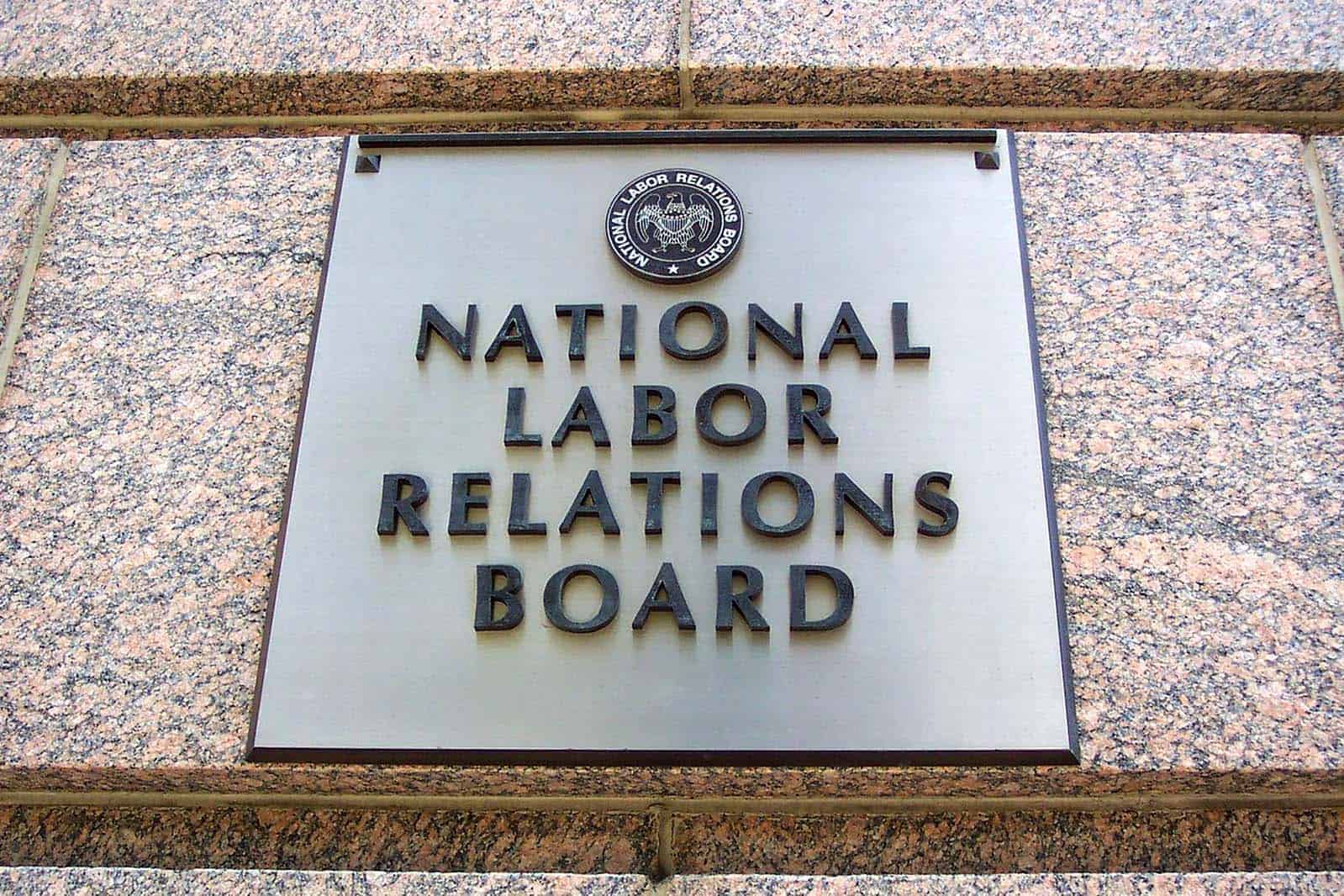
Jason Vazquez is a staff attorney at the International Brotherhood of Teamsters. He graduated from Harvard Law School in 2023. His writing on this blog reflects his personal views and should not be attributed to the Teamsters.
After 18 months of negotiations, direct intervention by the mayor, and a one day strike, over 200 employees at Boston’s renowned Museum of Fine Arts ratified an initial contract on Tuesday. The unit voted in a landslide to join the UAW in 2020, perhaps the most distinguished of the many cultural institutions that organized during the pandemic.
In labor law developments, General Counsel Abruzzo announced yesterday that her office has filed a motion urging the Board to overturn Ex-Cell-O Corp., a 1964 precedent that sharply limits the agency’s remedial powers.
As any labor lawyer is acutely aware, the NLRB’s remedial limitations — a layered doctrinal edifice resting in part on Ex-Cell-O — have long been decried as one of the NLRA regime’s central deficiencies. In Ex-Cell-O, the Board held that it lacks statutory authority to fashion a monetary remedy for violations of the duty to bargain § 8(a)(5) imposes. Such a remedy would be calculated to compensate employees based on the economic gains they would have secured had the employer engaged in the good faith bargaining envisaged by the Act. The Ex-Cell-O holding essentially confined the Board’s remedial arsenal for 8(a)(5) transgressions to the all but useless bargaining order, which merely instructs the employer to do something it was already legally obliged to do, i.e., bargain in good faith.
The General Counsel signaled interest in revisiting Ex-Cell-O in the “stunning” remedies memo she issued in Sept. ‘21. As Professor Sachs observed at the time, Abruzzo would go down as “one of the most consequential GCs in NLRB history” if she manages to convince the Board to do a “fraction of the things” she outlined in her memo. Friday’s motion was a step in that direction.






Daily News & Commentary
Start your day with our roundup of the latest labor developments. See all
January 11
Colorado unions revive push for pro-organizing bill, December’s jobs report shows an economic slowdown, and the NLRB begins handing down new decisions
January 9
TPS cancellation litigation updates; NFL appeals Second Circuit decision to SCOTUS; EEOC wins retaliation claim; Mamdani taps seasoned worker advocates to join him.
January 8
Pittsburg Post-Gazette announces closure in response to labor dispute, Texas AFT sues the state on First Amendment grounds, Baltimore approves its first project labor agreement, and the Board formally regains a quorum.
January 7
Wilcox requests en banc review at DC Circuit; 9th Circuit rules that ministry can consider sexual orientation in hiring decisions
January 5
Minor league hockey players strike and win new deal; Hochul endorses no tax on tips; Trump administration drops appeal concerning layoffs.
December 22
Worker-friendly legislation enacted in New York; UW Professor wins free speech case; Trucking company ordered to pay $23 million to Teamsters.